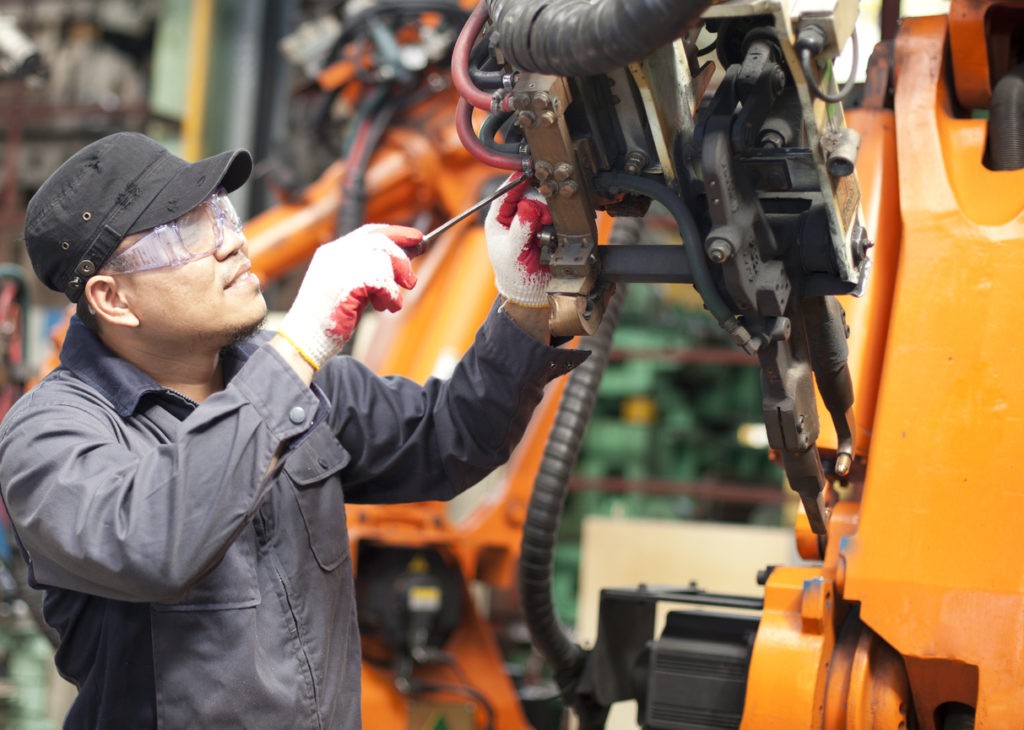Where Humans Will Always Outdo Robots in Manufacturing

Robotics in manufacturing isn’t a specialty feature that only applies to select industries. Many tasks have been automated and quality controlled through the use of robotics related to production, cutting costs and improving safety on the product floor. There will always be instances where a human touch is needed, however. Here are a few reasons why our manufacturing jobs will never entirely cut humans out of the picture.
Ingenuity – A worker’s ability to see a process and tweak or improve it is something a robot will never have. The robot has been designed and programmed to do a specific task or set of tasks with precision, but it isn’t adaptive or insightful. A human can spot a problem and improve the process so it doesn’t happen again. The same goes for designing new manufacturing processes and procedures in the first place.
Ownership – A robot can certainly own a task from start to finish, but a human can take ownership of the problem solving, the troubleshooting, and the streamlining of a task. It’s what makes someone dedicated and able to express themselves in their work.
Relationship Building – A floor manager from Company A might be able to trust the output of the machines at Company B, but in order to rest easy and get that last-minute order filled on time and to specifications, the manager needs the reassurance and trust of a fellow human. Building those relationships between roles builds confidence in the process; every step is accounted for and done with extra care.
Foresight – So much of the goings-on of business have to do with educated predictions on what will happen next week, next month, next quarter, and next year. Shortages of materials, changes in trade deals, changes to worker benefits, plant consolidation, etc. are all factors that robots can’t predict and plan for.
Troubleshooting – Who will fix the robots when they break? Who will make the robots faster, more precise, and more reliable? A human has been and always will be at the controls when it comes to solving problems no one planned for and keeping things running smoothly.
Logistics – A robot can carry out a set order of functions, whether that’s welding one part to another or transporting something to another area, but those systems had to be conceived, built, tested, and put into place. Finding new ways to streamline workflows and communication between different teams and companies falls to the skilled mind of a human.
What are some ways you think the relationship between robots and humans might change in manufacturing in the coming years?
Please share your comments or questions with us below and be sure to visit gesrepair.com or call us at 1-877-249-1701 to learn more about our repair services. We’re proud to offer Complete Repair and Maintenance on all types of Industrial Electronics, Servo Motors, AC and DC Motors, Hydraulics and Pneumatics. Please subscribe to our YouTube page, Like Us on Facebook! Thank you!
